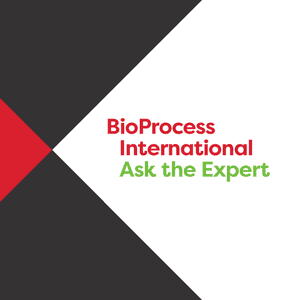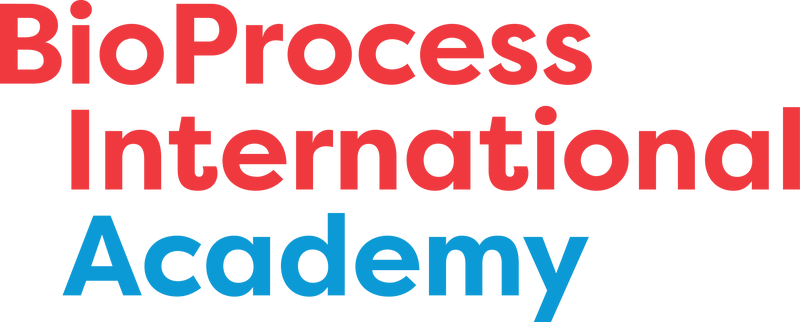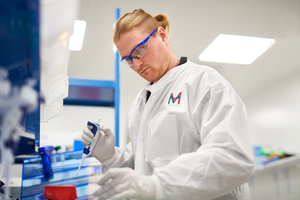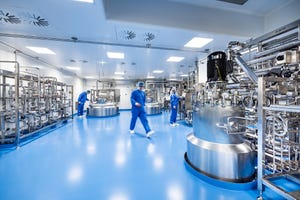Abzena launches tech aimed at speeding up cell line development
Abzena claims its new platforms AbZelect and AbZelectPro can reduce the cell line development process (CLD) from 12 months to 15 weeks.

According to the firm, the platforms combine a speedy yet stringent selection regime to rapidly generate stable pools, an improved Chinese hamster ovary (CHO) host and advanced microfluidic technologies to conduct high throughput screening of the transfected cell population.
This process allows the platforms to isolate and rank 10s or 100s of thousands of individual cells for monoclonal antibodies (mAb) productivity, exporting only the best producers for further expansion characterization, reducing timelines from deoxy ribonucleic acid (DNA) to research cell bank (RCB) to only 15 weeks.
“Classical approaches to mammalian cell line development can take as much as 12 months to identify a manufacturing clone suitable for clinical supply. […] Over the last few years, the industry has moved rapidly, and many cell line developers have been able to reduce the time. […] The platforms take advantage of such technological advances, […] and the timelines can be brought in at under 12 months, helping to drive drug developers forward towards clinical trials,” a spokesperson for Abzena told BioProcess Insider.
Additionally, the contract development and manufacturing organization (CDMO) confirmed that “it is pleased to offer the AbZelect platform on a fee for service basis, without any additional license fees, milestone payments or royalties.” Abzena is working in
partnership with ProteoNic Biosciences BV to offer the 2G UNic vector as part of the AbZelectPRO platform.
According to the firm, these platforms aim to rapidly develop manufacturing clones for mAb, antibody fragment, BsAb and other complex protein modalities.
“The platforms have been developed across the Cambridge and San Diego sites, with the core CLD and process development teams working hand-in-hand. CLD will be performed at the Cambridge, UK site to the point of generating RCBs,” the spokesperson said.
“The San Diego, US site will then take over the upstream and downstream process development, scale-up and manufacture, all the way to 2000 L single use bioreactor (SUBs) in our cGMP suites, up to the point of drug substance release.”
About the Author(s)
You May Also Like







